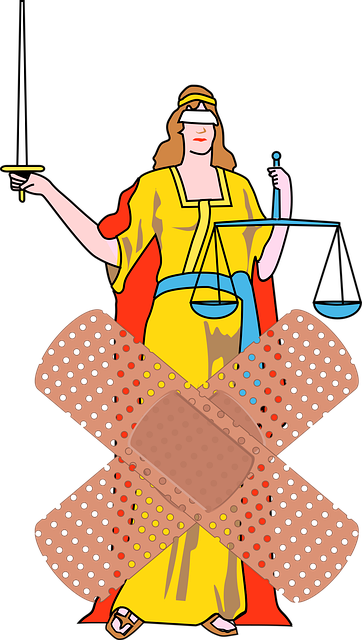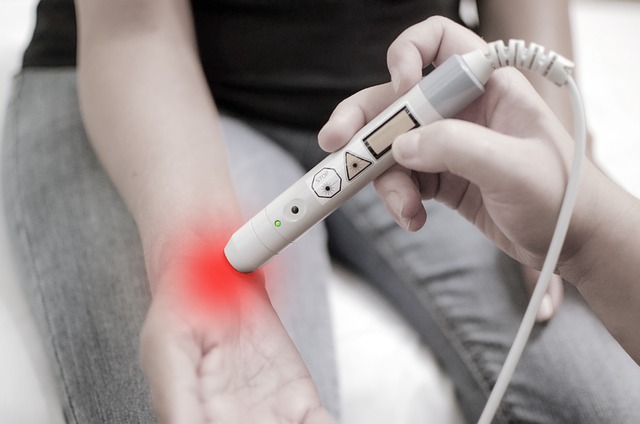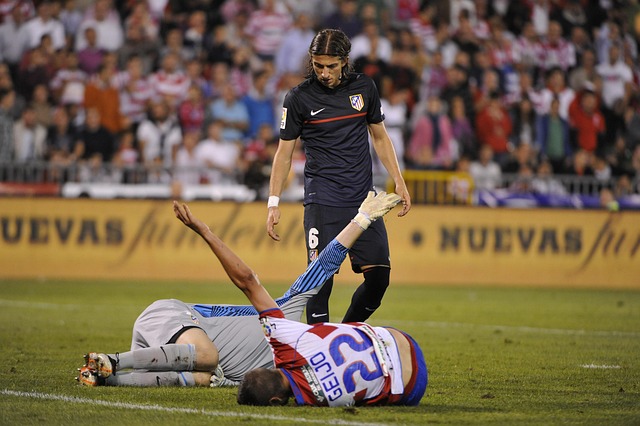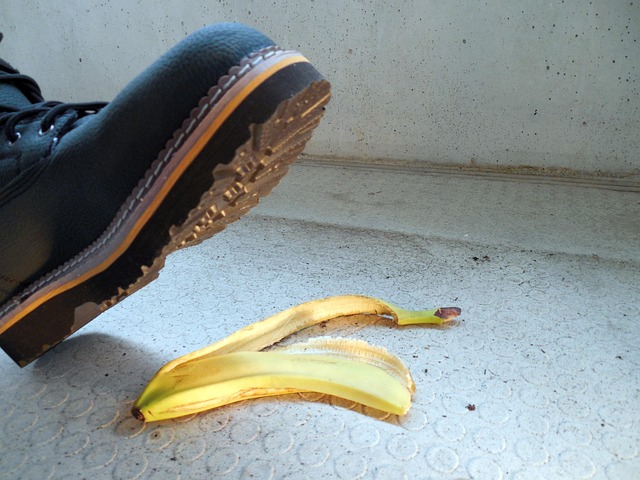Understanding Peoria Personal Injury Laws is vital for filing a successful lawsuit, dictating timelines, damages (compensatory & punitive), and legal process. Compensating victims involves assessing economic & non-economic damages with expert opinions. Consulting an experienced attorney is crucial for navigating evidence gathering, document filing, negotiations, proving liability, determining damages, and maximizing compensation within Peoria Personal Injury Laws statutes of limitations.
“In the event of a personal injury, understanding your rights under Peoria’s legal framework is paramount. This article serves as a comprehensive guide for those navigating a Peoria Personal Injury Lawsuit. We delve into the intricate details of local laws, providing insights on calculating compensation for various injuries.
Furthermore, we outline the steps to ensure a fair reward, offering a clear path through the legal process. By exploring these aspects, individuals affected by accidents can make informed decisions, armed with knowledge about their Peoria Personal Injury Lawsuit options.”
- Understanding Peoria Personal Injury Laws
- Calculating Compensation in Injury Claims
- Navigating Legal Process for Fair Rewards
Understanding Peoria Personal Injury Laws

Peoria, like many places in Illinois, follows a set of laws that govern personal injury claims. These laws outline the rights of individuals who have suffered harm due to another person’s negligence or intentional actions. Understanding Peoria Personal Injury Laws is crucial for anyone considering filing a lawsuit. These laws dictate how long you have to file a claim, what types of damages can be awarded, and the process involved in resolving a personal injury case.
When navigating a Peoria Personal Injury Lawsuit, it’s important to know that there are time limits for filing claims, typically within two years from the date of the accident. Additionally, state laws define different categories of damages, including compensatory (for financial losses) and punitive (for malicious behavior). Familiarizing yourself with these legal principles can help ensure a strong case and a fair outcome in your personal injury lawsuit.
Calculating Compensation in Injury Claims

When compensating for a Peoria personal injury claim, several factors come into play. The process involves evaluating both economic and non-economic damages to ensure the victim receives fair reimbursement for their losses. Economic damages refer to tangible costs like medical bills, lost wages, and property repairs, while non-economic damages cover intangible aspects such as pain and suffering, emotional distress, and loss of quality of life.
In a Peoria Personal Injury Lawsuit, calculating compensation begins with gathering relevant documentation. This includes medical records detailing treatments and expenses, pay stubs to demonstrate income losses, and expert opinions on the extent of injuries and their lasting impact. By meticulously documenting these elements, victims can present a compelling case for fair compensation under the guidelines set by Peoria personal injury laws.
Navigating Legal Process for Fair Rewards

Navigating the legal process for fair rewards in a Peoria personal injury lawsuit can be challenging, but it’s crucial to understand your rights and options. The first step is to consult with an experienced attorney who specializes in personal injury law. They will help you assess the strength of your case, explain the applicable Peoria personal injury laws, and guide you through each stage of the legal process. This includes gathering evidence, filing necessary documents, and negotiating with insurance companies or defendants to ensure you receive a fair compensation for your injuries and losses.
A successful personal injury claim involves proving liability, determining damages, and understanding the statutes of limitations. Your attorney will collect medical records, witness statements, and other relevant documentation to support your case. They will also calculate the economic and non-economic damages you’ve incurred, including medical bills, lost wages, pain and suffering, and emotional distress. By presenting a strong case, you increase your chances of obtaining the maximum compensation allowed under Peoria personal injury laws.
When pursuing a Peoria personal injury lawsuit, understanding the applicable laws and navigating the legal process is crucial for securing fair compensation. By thoroughly evaluating damages, gathering evidence, and employing experienced legal counsel, individuals can calculate reasonable reimbursement for their injuries, medical expenses, and resulting financial burdens. Remember that each case is unique, so seeking expert guidance ensures a personalized approach to achieving the best possible outcome in your Peoria personal injury claim.
